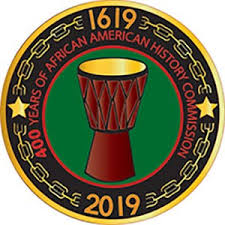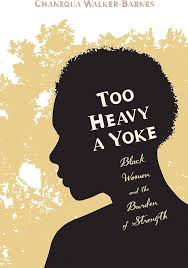Published in St. Louis American June 13, 2019
 “Historical ignorance.” That was the poignant phrase expressed at the second installment of trilogy held recently at Washington University. Dr. Cornell W. Brooks delivered a powerful address that wove together black and American history, biblical scriptures and contemporary issues. The trilogy commemorates “Blacks in America: 400 Years Plus.” The initiative is being led by Professor Jack Kirkland, a respected faculty member at the Brown School.
“Historical ignorance.” That was the poignant phrase expressed at the second installment of trilogy held recently at Washington University. Dr. Cornell W. Brooks delivered a powerful address that wove together black and American history, biblical scriptures and contemporary issues. The trilogy commemorates “Blacks in America: 400 Years Plus.” The initiative is being led by Professor Jack Kirkland, a respected faculty member at the Brown School.
Most of us of African descent don’t count our years here in North America as a people. It’s challenging enough to get through the day. We must confront our past, learn the lessons of our fore-parents and chart our future. The 400th anniversary of our captivity is an excellent check in to see where we are as a people.
Did you know that President Trump signed the historic act for African Americans back in January 2018? Oh, I guess you didn’t hear about the 400 Years of African American History Commission Act designed to acknowledge the four centuries-plus of Africans being forced into U.S. chattel slavery.
The act, originally introduced as HR 1242, seeks to educate the public about how and why Africans got to these shores. It encourages groups to organize and participate in a year-long commemoration activity.
What the act and the commission fail to consider is the need for a serious investigation into how the application of U.S. law has impacted the lives and futures of those whose lineage is traced to Mother Africa. There should be a compilation and examination of serious academic and anecdotal works that sum up our progress (or lack thereof) over the last 400 years. Recommendations should be advanced that bring about political, economic and educational parity in a timeline that doesn’t sacrifice another generation that can’t reach its full potential due to systematic hurdles.
In August 1619, the arrival of “20 and odd” Africans at Point Comfort, Virginia was recorded. Africans were free, world travelers w-a-a-ay before — this has also recorded. Here we are in 2019 still in the shadows. Most of our contributions, struggles and our aspirations remain in relative obscurity or selectively spotlighted when necessary. Our existence is tenuous and our collective future seems to always hang in the balance.
These 400 years of mutating slavery is worth uplifting for a critique. It includes the captivity of a people and our enslavement. It includes Jim Crow and slavery by another name (forced, unpaid labor). It includes all forms of segregation and second-class citizenship. It includes mass incarceration. Many of these manifestations are still current and often co-exist with one another.
Full citizenship of African Americans remains elusive because of the systems of oppression that are propped up and legitimized by a corporatized government. These are all the changing faces of slavery that choke the progress of a nation of people and blame them for their societal-induced failures.
This long and storied history is more than one conversation for one year. It’s unfortunate that an ill-planned, underfunded commission will trivialize the history. This goes beyond highlighting black inventors or token black billionaires to justify that there’s a level playing field.
Anniversaries, whether painful or joyful, should always be times of reflection. Our unique and traumatic pathway to citizenship compels the nation to review everything from emotional healing to economic reparations. This is an opportunity that can’t be squandered.



